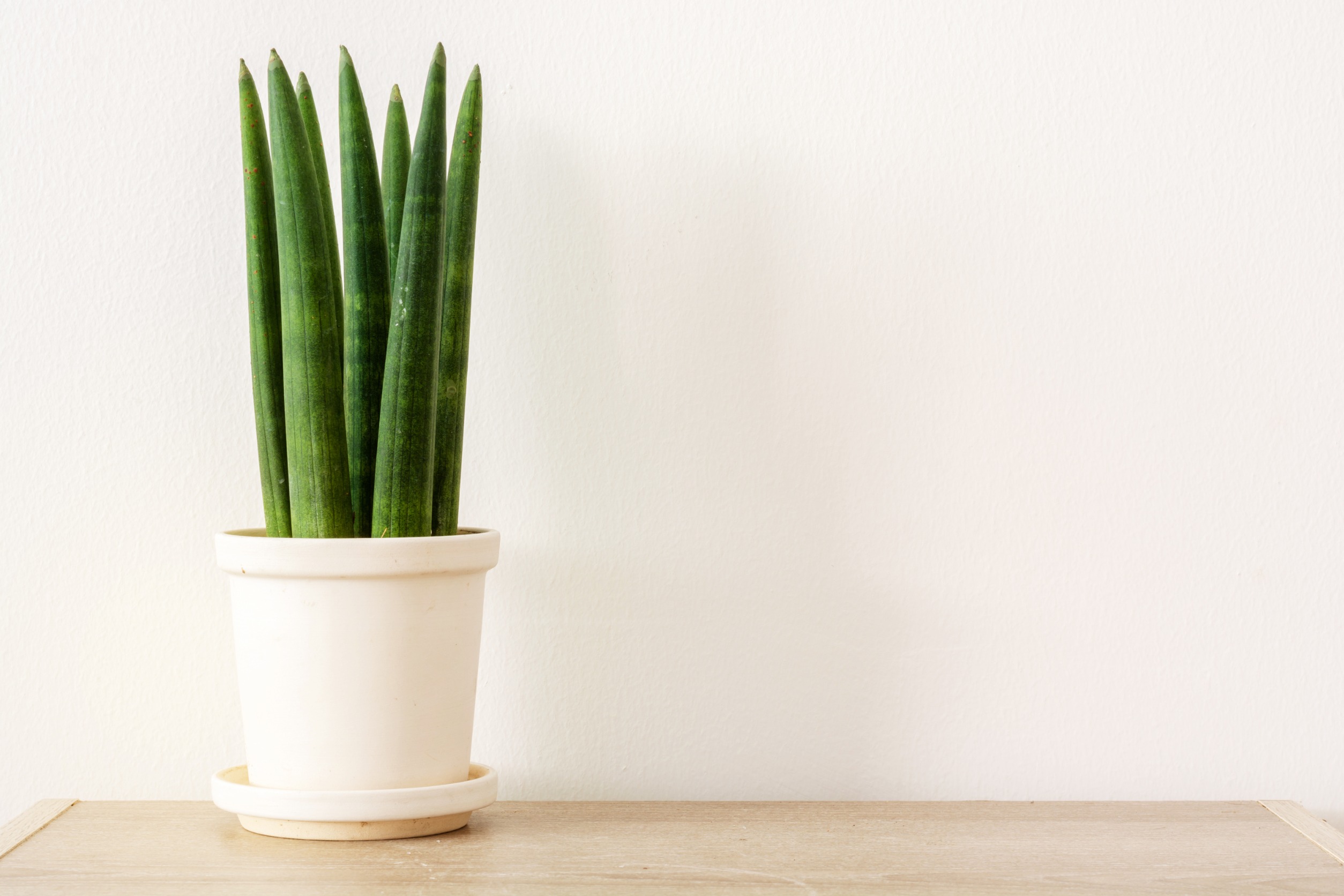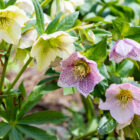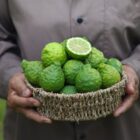
Sansevieria Cylindrica: care and fertilisation tips
Sansevieria Cylindrica plant for your house

Sansevieria cylindrica is a particularly beautiful succulent plant that adds a decorative and modern touch to home interiors. This succulent is native to West Africa and it goes by many names such as ‘ mother-in-law’s tongue ‘ or ‘ cylindrica snake plant ‘. It is a plant often chosen to decorate desks, tables and shelves. Thus, it is an ideal choice for those who wish to add a touch of green to their home or work environments. Besides being very elegant, as many succulents, it is easy to grow and requires little care. In fact, the Sansevieria is the perfect indoor plant for those who have little time to dedicate to gardening. In fact, it is very hardy and recovers very easily.
Succulent plant with an elegant and modern appearance
Sansevieria cylindrica is characterised by its long, cylindrical, pointy leaves. These grow vertically from the base of the plant, creating a kind of fan and giving the plant a distinctive decorative appearance. The leaves are robust and unlikely to bend. They are generally dark green in colour. However, some varieties of mother-in-law’s tongue have shades of grey or yellow on the edges of the leaves, adding a decorative and colourful appearance to the plant. This plant also produces blooms. Its flowers are small, tubular and grouped in vertical spikes, and may be white or greenish-white. In reality, flowering is a rare event and requires specific conditions for it to occur. In particular, it is difficult to see Sansevieria flowering when grown in a domestic environment. These structural characteristics give the plant a modern and elegant appearance, which easily adapts to various styles of décor.
Houseplant that purifies the air and more
This plant has also many air-purifying properties. In addition to improving air quality, many believe it is also an anti-stress indoor plant. Although there is as yet no scientific evidence, this plant may aid in reducing stress. Most probably, the appearance of the leaves can contribute to a peaceful and harmonious environment. Furthermore, succulent plant care can be therapeutic and relaxing.
What does it mean to give a Sansevieria as a gift?
Giving a sansevieria may be a gesture of affection and friendship towards someone. It is the ideal gift to wish a loved one a new beginning, for example moving into a new house or starting a new job. It is, therefore, a symbol of good luck, prosperity and longevity.
Why does Sansevieria cylindrica have coloured tips?
 In garden centres you can often find these plants with brightly coloured tips for sale. This is not a special variety, but a fashion first launched by a Dutch manufacturer a few years ago. This trend is detrimental to the health of the snake plant. In particular, it impairs the its ability to photo synthesise properly. The chemicals in the varnish can interfere with the leaf’s ability to absorb the sunlight necessary for photosynthesis, causing long-term damage to the plant. If you have received it as a gift, take good care of it. In particular, if you notice that the tips tend to thin and dry out, cut them off with clean shears, leaving the remaining natural part of the plant intact. It is preferable, therefore, to always choose varieties that have natural colouring without the application of chemicals that can compromise the health of the plant.
In garden centres you can often find these plants with brightly coloured tips for sale. This is not a special variety, but a fashion first launched by a Dutch manufacturer a few years ago. This trend is detrimental to the health of the snake plant. In particular, it impairs the its ability to photo synthesise properly. The chemicals in the varnish can interfere with the leaf’s ability to absorb the sunlight necessary for photosynthesis, causing long-term damage to the plant. If you have received it as a gift, take good care of it. In particular, if you notice that the tips tend to thin and dry out, cut them off with clean shears, leaving the remaining natural part of the plant intact. It is preferable, therefore, to always choose varieties that have natural colouring without the application of chemicals that can compromise the health of the plant.
How to care for snake plant in pot?
To keep your Sansevieria healthy, follow the guidelines of Doctor Bioges. Bear in mind that it thrives in average light conditions. The plant is intended to grow in a place where it receives indirect light. Avoid direct sunlight, which could damage the leaves. This succulent is also able to survive long periods of drought. Water the plant only when the soil is completely dry. Also, make sure that the pot has a good drainage system to avoid water stagnation. These could cause root rot. The Sansevieria prefers a temperature between 18°C and 24°C. Protect it from cold draughts and sudden changes in temperature. Remove dust on the leaves with a damp cloth. Remove the leaves only if damaged, using well-cleaned scissors.
Fertilisation – which fertiliser to use?

Sansevieria is a plant that requires moderate fertilisation. sufficient to keep it healthy and promote balanced plant growth. For this plant, the ideal is to apply a fertiliser for succulents. Choose an NPK fertiliser with a rather low nitrogen concentration. In fact, it is advisable not to exceed this nutrient as it could cause serious damage to the plant. These include excessive development of the aerial part to the detriment of the roots and higher susceptibility to fungal and aphid attacks. On the other hand, phosphorus and potassium are essential macro-nutrients as they help the plant in the flowering phase.
The fertiliser for succulent plants, recommended by Doctor Bioges
Doctor Bioges recommends Nutri Cactacee, a fertiliser for succulent plants. This water-soluble fertiliser, as well as having the right concentrations of nitrogen, phosphorus and potassium, also contains magnesium, an essential micronutrient that counteracts chlorosis phenomena. Administer the fertiliser regularly as shown on the label, starting in March and then discontinuing in autumn and winter, when the plant goes to rest. During the cold season, in fact, plant growth stops and their root system no longer absorbs water. It is advisable to respect the doses and methods on the product label. In particular, over-fertilisation of plants can cause burnt or yellow leaves.
In conclusion…
The Sansevieria Cylindrica not only provides a decorative element, but is also a valuable ally against stress. If you are a fan of ornamental plants, even if you are a beginner, the Sansevieria is for you: its robustness and adaptability make it an ideal option for anyone wishing to introduce a touch of green and elegance into their home. Try our suggestions for its care and fertilisation and beautify your home, as well as your office.
Stay up-to-date with our latest gardening news!
If you have questions, the Bioges team is always ready to assist you. You can contact us directly on our social networks or by sending an e-mail to info@biogesandco.com



